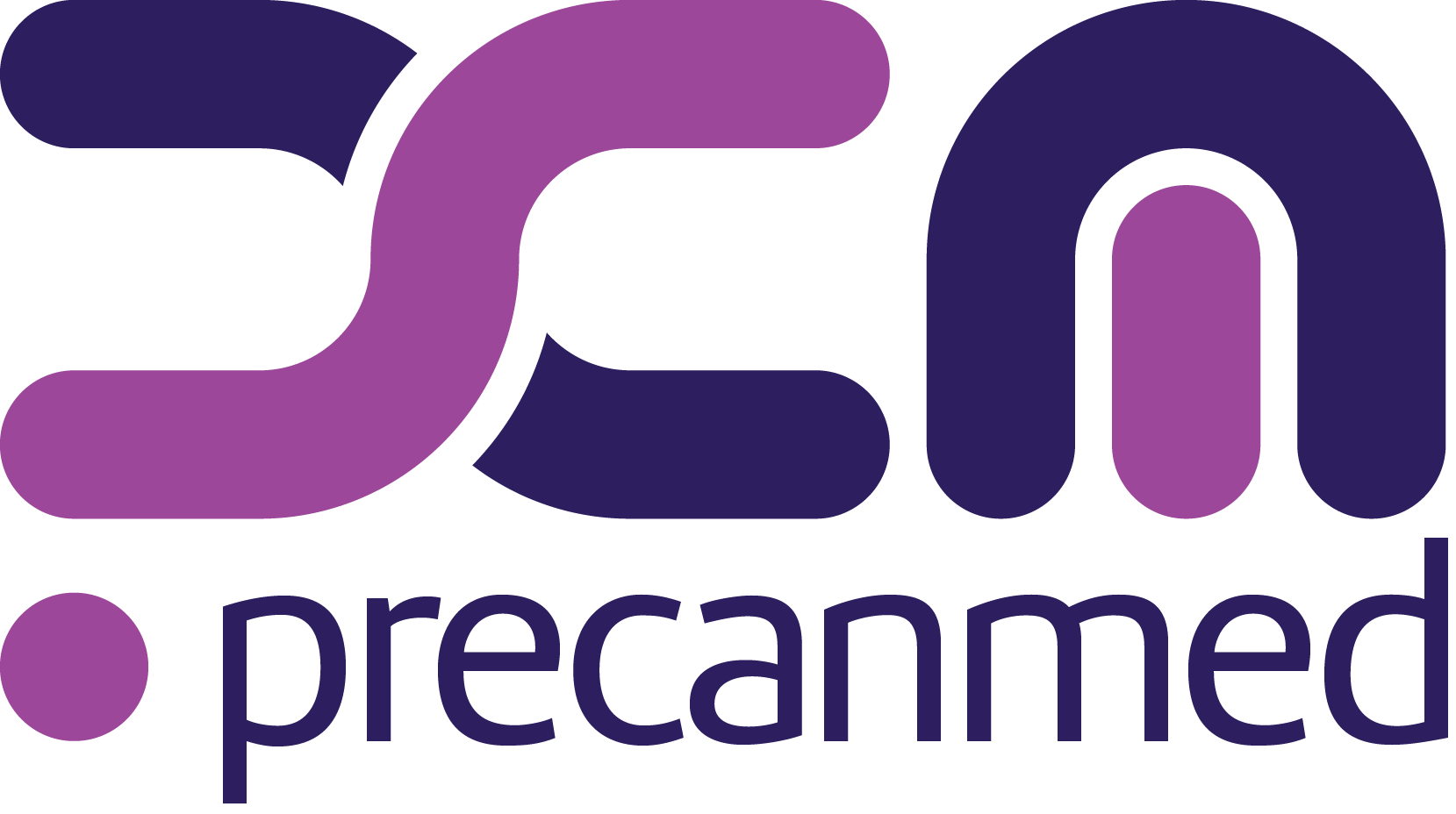Tumor organoid technology
The patient derived tumor organoid technology consists of functional, 3D, ex vivo, culture systems of tumor cells from patients.
Defined as effective patient avatars, these systems have emerged as one of the latest frontiers in disease modelling and they represent a very promising experimental tool to reproduce and study a tumor in the laboratory, in a nearly physiological state.
Miniature organs-in-a-dish
The term ‘organoid’ means ‘resembling an organ’ and refers to a self-organizing 3D structure that scientists can grow in the lab, under peculiar conditions, from stem cell containing chips of tissue taken from the organism.
A ‘tumoroid’ or tumor organoid is a similar structure, but derived from a specimen of the cancer tissue resected during surgery or biopsis.
An organoid or tumor organoid is an in vitro system, but it well mirrors the in vivo spatial organization and multi-lineage differentiation of the represented tissue.
Containing an active stem cell (or cancer stem cell) population, it can be propagated and greatly expanded allowing a gamut of investigations.
Culturing organoids
Different tissues have specific needs for organoid development. Culture conditions have to mimic the in vivo signals required for tissue organisation and for the maintenance of the stem cell population. Only under these conditions, cells proliferate in culture and self-organise into 3D structures which can be passaged and indefinitely maintained.
Culture conditions have already been established for generating organoids from various healthy and diseased human organs.
PreCanMed partners work together to integrate existing knowledge and improve it, in the development of patient derived tumor organoids from breast, lung and colon carcinomas and from mesothelioma. Tumor samples will be collected upon surgery or biopsis and will be subjected to different procedures in order to identify and define the best conditions enabling growth and expansion of the organoid systems.
Powerful model systems
Patient derived tumor organoids are relatively new as preclinical cancer models.
Cancer cell lines and animal models have long been used as model systems. They allow thorough experimentations, but both of them do not fully recapitulate human tumors and their oncogenic processes, as well as their heterogeneity.
Implanting cancer tissue chips into mice (patient derived tumor xenograft) emerged as another advanced model, more closely resembling physiological features of the tumor of origin and predicting tumor clinical responses to therapy. However, xenograft engraftment may occur with low efficiency, the procedure is expensive and time consuming.
Patient derived tumor organoids, instead, are one of the most promising alternatives to mimic the original cancer tissue. They accurately recapitulate tumor histology, molecular subtypes, and response to treatments. They can be generated and propagated with high efficiency, as well as frozen in liquid nitrogen and recovered later for further use. Organoids can be developed from biopsies and/or surgical resections of both normal and cancerous tissues, allowing key matched investigations at the single patient level.
This is what PreCanMed partners are doing.


